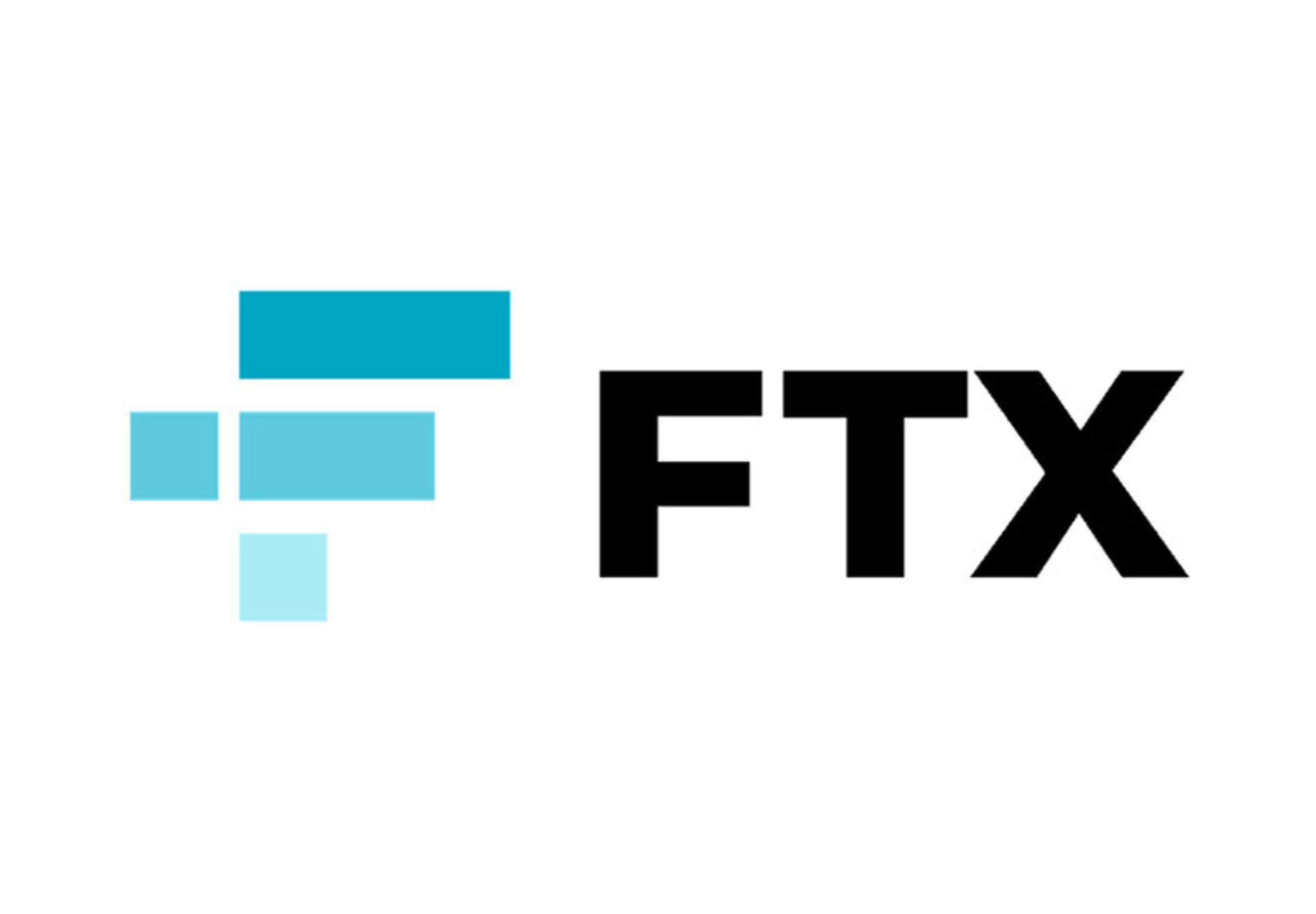In an unfortunate turn of events for Sam Bankman-Fried, FTX’s co-founder, U.S. District Judge Lewis Kaplan rejected his plea to secure documents from Silicon Valley legal firm Fenwick & West LLP. The Bloomberg report sheds light on how these papers were crucial to Bankman-Fried’s defense in his ongoing federal fraud litigation. The strategy was to utilize these documents to substantiate his assertion that his contested actions were grounded in legal advice.
Bankman-Fried’s legal representatives recently made their case before the presiding judge, advocating for the release of the documents from Fenwick & West, either directly via a subpoena or through the prosecution. Nevertheless, Judge Kaplan turned down the plea, denouncing it as an unjustifiable “fishing expedition.”
In readiness for their defense, Bankman-Fried’s legal team intended to contest that he acted based on guidance from the law firm Fenwick & West. Bloomberg observes this method is a common approach used by defendants to counter allegations of deliberate legal violations.
Fenwick & West’s advice reportedly spanned various subjects, such as encrypted messaging apps, multimillion-dollar loans to FTX executives, and U.S. banking regulations compliance. These subjects, as argued by Bankman-Fried’s lawyers, are vital to understanding the charges against their client.
Meanwhile, Bankman-Fried, currently under trial in two criminal cases, faces allegations of masterminding a convoluted fraud plot involving the mismanagement of billions in FTX customer funds. These funds were purportedly channeled into high-risk investments, personal expenditures, and even political contributions.
On a related note, FTX filed a lawsuit in the U.S. Bankruptcy Court for the District of Delaware on June 22, seeking to recoup more than $700 million from investment firms connected to the company. This legal action is against K5 Global, Mount Olympus Capital, and SGN Albany Capital, along with their associated entities and K5 co-owners Michael Kives and Bryan Baum. FTX claims that funds were moved from its subsidiary, Alameda Research, to these bodies via shell companies, and it aims to reclaim the funds as avoidable transactions.

